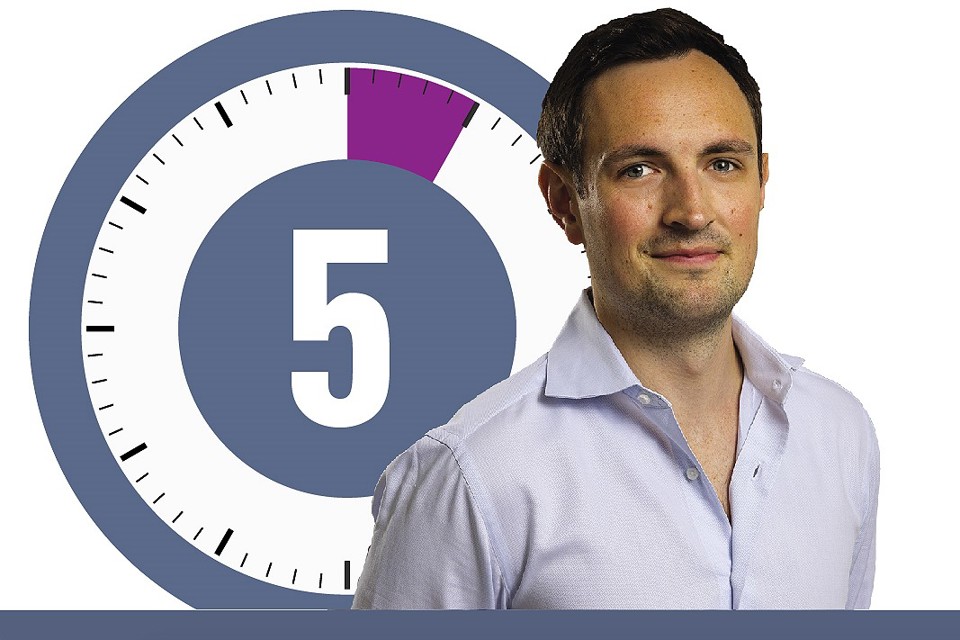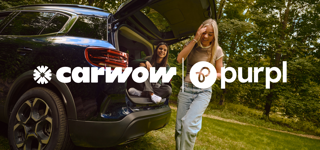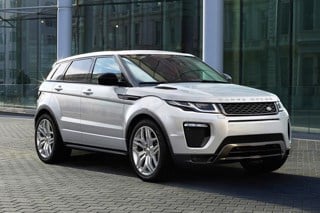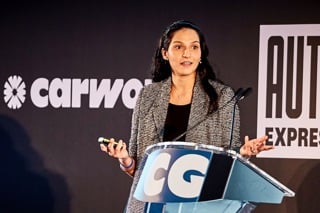How many cars will have been purchased through Carwow in 2018?
We account for just more than 5% of UK new car sales. In 2017, we did about 55,000, in we should be on about 75,000. We are up to 65% of Carwow customers finding their local dealer . In 2017, it was about 40%.
Does Carwow deliver incremental business?
Yes. There are also lots of people who are considering buying nearly new cars who end up buying new and a lot of people who say it was just a lot easier, so they went ahead with it.
Will the day come when manufacturers sell direct to consumers on the Carwow platform?
All manufacturers, I think, have some desire to sell direct. I don’t think Carwow changes that. Interaction with the dealer is vital. We don’t think the direct sales model will take off any time soon.
What’s your profile of customer?
Our heartland is the traditional UK car buyer, who is an older, wealthier-than-average male. We are working with about nine manufacturers to show monthly prices and that’s driving more younger people to Carwow. What we have seen, from those manufacturers who have embraced it, is an increase in conversion rates across the brand.
How has WLTP affected the sector?
We have seen a clear difference between brands heavily impacted by WLTP and brands that are barely touched, particularly in Germany. You also have the diesel issue and it’s hard to unpick that from WLTP issues. We have seen a lack of sales growth in the WLTP-impacted brands.
We have seen people interested in buying, say, an Audi, and there’s nothing available for six months, come back and say they are interested in a Lexus. We track that movement in consideration. We have also seen a shift in people buying nearly new cars. About 5% of the cars we sold were nearly new. That’s 15% now.
How is Brexit affecting business?
We would have grown faster if it hadn’t been for WLTP, diesel and Brexit. Brexit is a concern.
What trends do you predict for 2019?
Electric – we will see that coming through properly. We are seeing more enquiries, more sales and more people considering it. One of the key insights is making sure dealers are trained in how to deal with electric questions.
There will be continued lack of interest in diesel. Some dealers do a good job explaining why diesel is a good choice. It’s hand-holding and education that diesel is not an evil type of fuel.
How important is the consumer experience of the dealer?
Carwow is not e-commerce, it requires the dealer to be knowledgeable, helpful, accessible. Consumers will not buy a car from a dealer just because the price is good, they will go elsewhere if they are not helpful. That’s what we spend so much time measuring, monitoring and training, because it ultimately benefits Carwow. It’s not just ratings, we measure response times, how easy it is to get them on the phone, and conversion rate. We share the data with dealers so they can benchmark themselves.
What tech developments will take place?
We are just finishing off a project on machine learning, where we analyse messages sent to dealers and vice versa so we can spot trends in what consumers are talking about and measure the sentiment, so we can feed back to dealers.
How important is your involvement with initiatives such as the Automotive 30% Club?
We struggle, like manufacturers and dealers. It’s only when you hear other people speak at seminars that you think ‘we can try that’. Julia Muir introduced us as having a double whammy effect – being a motor industry and a tech company, both of which are renowned for not attracting women. We need to work hard to change that. We speak at a lot of tech conferences, we hosted an event with the Financial Times recently about attracting women to male-dominated industries and changing the way we speak in job descriptions. We are involved with the Speakers for Schools programme and we have a lot of interns and work experience people.


















Login to comment
Comments
No comments have been made yet.